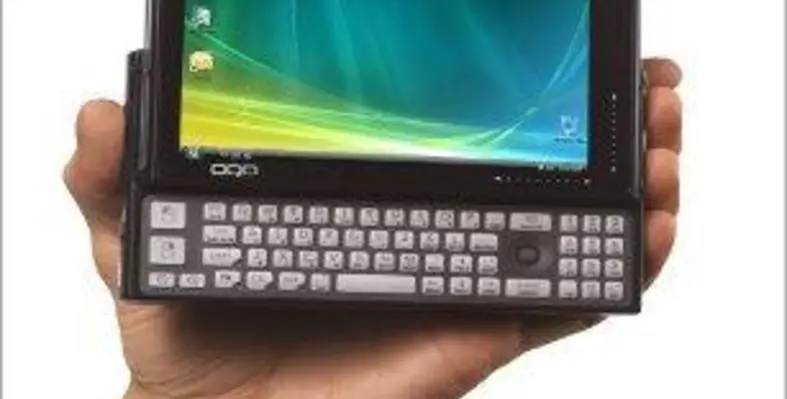Computers, smartphones, laptops, netbooks and the wide variety of other
mobile computing devices have become so much a part of our everyday lives
that we take their existence for granted until something goes wrong.
People want to be connected to the world at all times, but they do not want to be
bound to a desk to do this. Small wonder then that notebook sales have
slowly overtaken PC sales over the years, and as the price tag on mobile
devices continues to shrink, the adoption rate will grow correspondingly.
Mobile computing devices are more affordable than ever, and have been taken
up with enthusiasm by a wide range of markets, from high powered executives
to developers, office workers, students and home users as a portable
alternative to the deskbound PC.
Responding to demand, hardware vendors are pumping out more powerful devices
at a lower price point in a smaller body. Graphics on mobile devices are
becoming more powerful, software a lot more sophisticated. The social
networking revolution has driven the emergence of a range of integrated
software that combines tools for sharing content and information directly
with networking sites.
But for all of these advances in technology two main factors have driven the
true mobile workforce, who are the primary market for mobile computers: 3G
connectivity and longer life batteries. Fast, always on Internet
connectivity has enabled people to work from anywhere, anytime as they can
connect into office networks from any place around the globe and have the
full functionality of a desktop PC without the tethers. Alongside this the
invention of smaller, thinner Lithium-Ion batteries has enabled ultra
portable devices to be used for extended periods of time without being
plugged into mains.
Notebooks have evolved to deliver more power than ever, recently coming out
standard with ·64bit operating systems and more powerful processors on lower
voltage CPUs, for even greater computing power that uses less battery life
than ever. In fact, mobile computing has advanced to such a degree that many
people now have multiple devices, from a notebook for office work to a
smartphone and a netbook or tablet PC for content viewing on the go.
Further driving the trend towards mobility in South Africa is the newly
available bandwidth that has been the result of additional undersea cabling.
While bandwidth is still expensive in the country the prices are dropping,
which will facilitate the emergence of more 'free' wireless Internet
hotspots, which will draw mobile workers into places that offer these as it
will provide an alternative to using expensive 3G connectivity.
For the future of the mobile computer, once thing is certain - the trend for
more power in smaller, lighter, more portable devices will continue unabated
as demand for products continues to increase. The 'green' trend will also
continue as laptop users want CPUs that are energy efficient in order to
deliver optimal battery life, and eco-conscious manufacturers will continue
their efforts to reduce the number of hazardous chemicals used in
manufacture so that notebooks and laptops can be recycled safely.
One thing that will change, as a result of customers demanding more choice
and becoming more conscious of the aesthetics of computing devices, will be
a greater influx of 'designer' devices. The era of "you can have any colour
as long as it is black" in terms of computers is over. As technology is no
longer much of a differentiator when it comes to mobile computers, people
have begun to focus less on the utility of a machine and more on its looks
as a first consideration for purchase. With this demand for aesthetically
pleasing design manufacturers are developing devices to meet this need.
From the point of view of advancing technology, we can assume that
processors will continue to get faster and more energy efficient, screen
technology will evolve to brighter, higher contrast ratio, more energy
efficient viewing to deliver a crisper clearer picture, and batteries will
go through cycles from heavier in weight and density but longer lasting to
lighter with the same efficiency as previous generations. One thing is
certain, mobile computing is here to stay, and the world will forever be
changed as a result.












